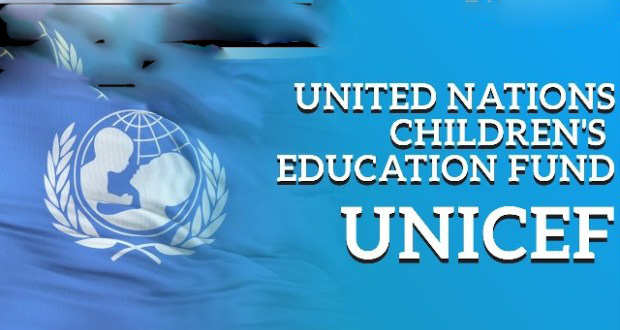By Asmau Ahmad
The United Nations Children’s Fund (UNICEF), warned that a series of global financial, geopolitical and supply chain shocks is making the challenges of getting food to at-risk children nearly insurmountable.
“The world is rapidly becoming a virtual tinderbox of preventable child deaths and child suffering from wasting,” said UNICEF executive director, Catherine Russell in a statement released with the report.
The report focused on the risks of severe wasting, in which children were too thin for their height, resulting in weakened immune systems.
According to the report, 13.6 million children aged 5 and under, suffer from the problem.
The reports said that supplying children with the food they needed was already a problem as the year started, due to lingering disruptions to supply chains resulting from coronavirus-induced shutdowns of factories and ports.
Meanwhile, various conflicts and climate shocks also disrupted supplies.
And then came Russia’s invasion of Ukraine, which had sidelined vast amounts of exports of fuel and foodstuffs, like wheat and sunflower oil.
Currently, 10 million of the children suffering from severely wasting does not have access to the kind of food they best needed to get on the path back to health.
Now, the war in Ukraine, coupled with lingering pandemic problems and droughts in some countries, could worsen the problem.
Worse, the price of the food is set to go up due to the same problem.
“For millions of children every year, these sachets of therapeutic paste are the difference between life and death.
“A 16 per cent price increase may sound manageable in the context of global food markets, but at the end of that supply chain is a desperately malnourished child, for whom the stakes are not manageable at all,” Russell said.
“Coverage for measles vaccine was estimated at 90 per cent. In all, 67 per cent of the region’s children between ages 12 and 23 months received all the vaccines recommended by the expanded programme on immunisation.
“The breakdown of this statistic by country, however, shows substantial differences between countries. – with Cape Verde (97 per cent), Senegal (95 per cent) and Burkina Faso (95 per cent) having high levels.
“However, countries such as Niger and Côte d’Ivoire only reported a rate of (32 per cent), which shows a very high wastage,” he explained.




